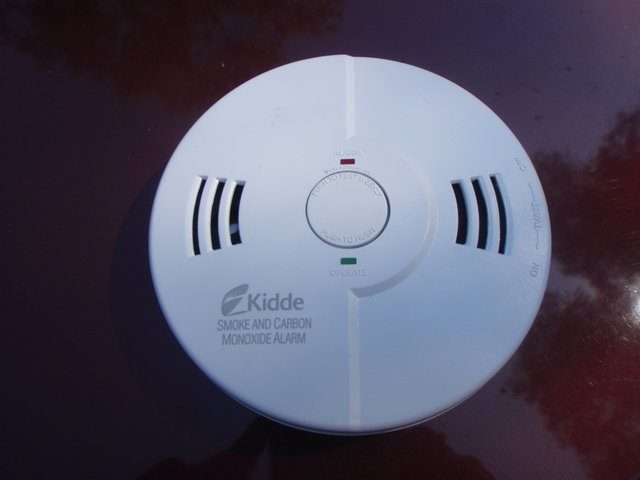5 Ways to Protect Your Home from CO
Carbon Monoxide (CO) is one of the leading causes of accidental poisonings in Canada every year. The most alarming thing about this invisible killer is that many victims are completely unaware that they are being poisoned.
CO is completely odorless and colorless–making it impossible to detect by sight or smell. However, when it builds in a confined area, it is lethal. It is also all around us. Everything from cars to furnaces to BBQ grills and gas stovetops produce CO. During winter, when people use heat sources on a daily basis to stay warm, they are even more susceptible to CO poisoning.
So, what’s the best way to protect yourself from an invisible but deadly gas?
Here are 5 simple steps you can take:
Install a CO Detector–Having a detector that sounds an alarm when it senses a certain amount of CO in the air is the smartest way to protect yourself from CO poisoning. Remember you won’t smell it or otherwise notice the build up without a detector. For this reason, it is crucial to install detectors on every level of your home and outside of your bedrooms. It’s also important to test them each month to ensure they are working properly.
Limit the Risk in Your Home–Keep appliances that generate high amounts of CO (like gas or charcoal grills and generators) outside of your home and away from windows, doors and vents.
Warm Your Car Outdoors–Leaving your car running inside the garage can be deadly. Move it outside in the open air where it doesn’t have a chance to build up in a small, closed space.
Watch for Snow Build-Up–Packed snow or ice can block the vents that allow harmful CO to be safely released from your furnace, fireplace, stove and dryer. They can also obstruct your car’s exhaust pipes. The gas buildup in your home or car can quickly become dangerous. Be sure to check your home vents and car exhausts after a heavy snow to make sure nothing is blocked.
Be Aware of the Symptoms–While you can’t smell or see CO in the air, you can learn to notice the signs of CO poisoning. Headache, fatigue, shortness of breath, nausea, and dizziness are common symptoms experienced by people with low or moderate CO poisoning. Mental confusion, vomiting, loss of coordination and loss of consciousness may be experienced by people with a high level of CO poisoning. In either case, you should take the person outside in the open air and call 911 if you suspect CO poisoning.
Remember that installing CO detectors doesn’t just save lives, it can also save you money on your homeowners insurance.
